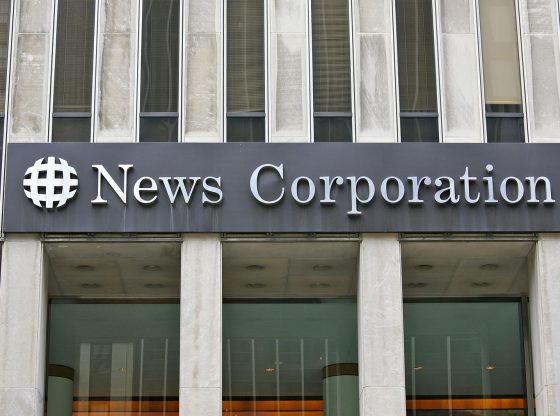There are strict rules about what content television networks are allowed to show viewers for a reason. Simply, there are some things that are deemed inappropriate or offensive for younger audiences so networks will refuse ads with specific content or language. This idea used to make sense to Americans, let a parent decide what’s appropriate for their child to watch, not some random TV executive. You’d think the same concept would apply to public taxpayer-funded schools but alas, that’s just not the truth anymore.
Independent Women’s Voice(IWV), a group focused on expanding support policies to help women’s opportunity, freedom, and well-being exemplified the gross double standard with its recent attempt to have an ad displayed on major TV networks like ABC, CBS, and NBC. The networks rejected the ad “Worth 1,000 Words” and even rejected a censored version of the ad from being run on the networks after it was deemed inappropriate.
The issue? The same content is exactly what is being shown to students in Virginia public schools. So what is being deemed inappropriate for adults is being shown to children in classrooms. You can see the problem here.
IWV published a press release on the disturbing double standard:
WASHINGTON, D.C. — Today, several local TV stations refused to air Independent Women’s Voice’s (IWV) “Worth 1,000 Words” ad, depicting sexually explicit materials available in VA public schools. Federal communications law prohibits televisions from showing adults such materials, even when the same materials have been available to kids in Virginia public schools. IWV accordingly created a modified version of its 30-second ad, which shows a blurred version of what kids see, to conform with that law. But today, WRC, WUSA, WJLA, and WWBT again refused to air the ad, claiming it still is ostensibly not suitable for late night adult viewing.
Yet, when it comes to Virginia public school students, these protections are thrown out the window.In 2016, then-Governor McAuliffe vetoed a bill that would have allowed parents to block sexually explicit books in school, and in 2021 he stated that he didn’t think parents should have a say about what is imposed on their children.This is despite the specific protections Virginia law gives the rights of parents.











